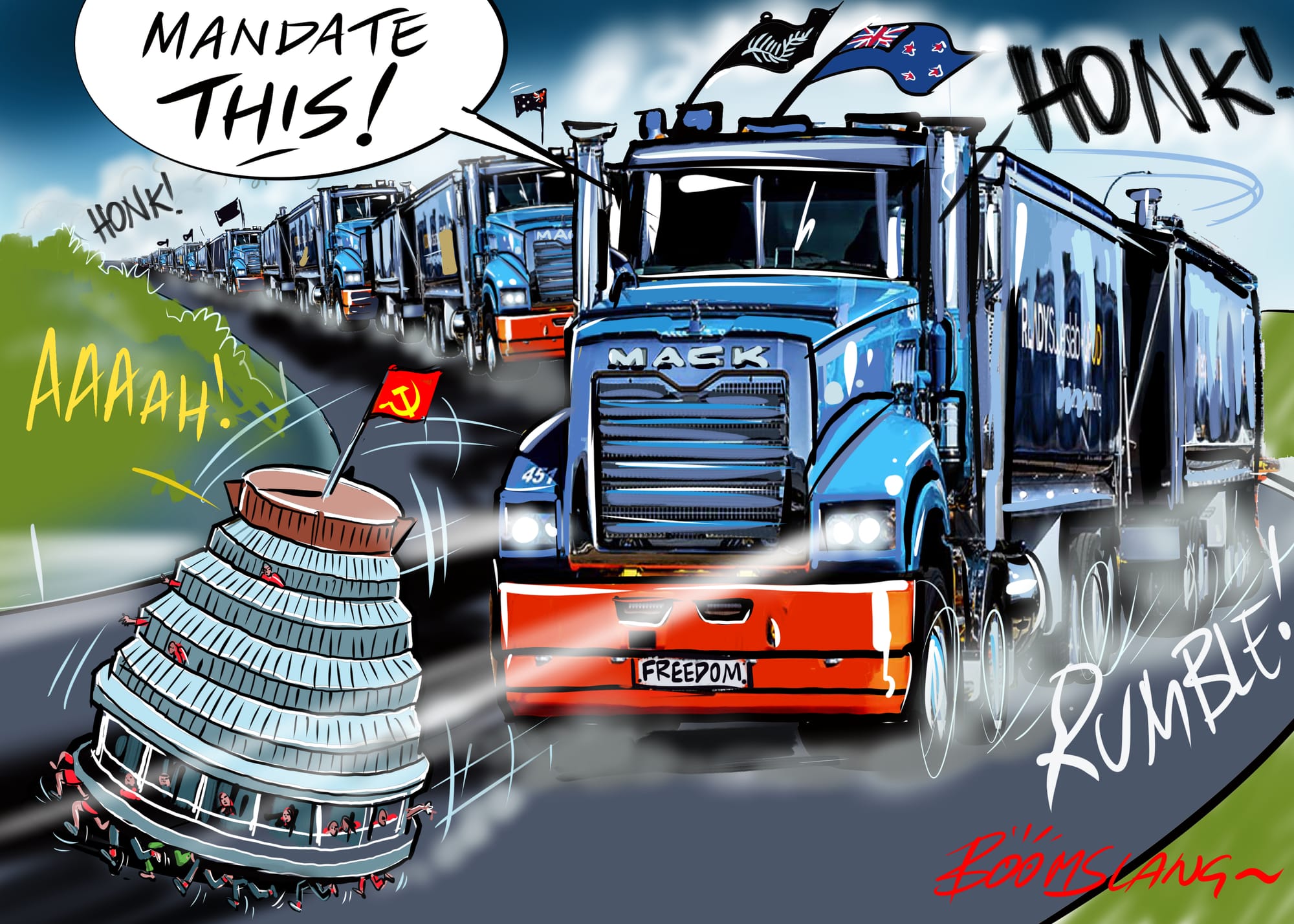Table of Contents
Bryce Edwards
democracyproject.nz
Polls and public opinion undoubtedly played a part in Wednesday’s decision. There is plenty of evidence to show that the public was tiring of various elements of Covid restrictions – from MIQ through to QR code scanning. And the 1News poll putting National ahead of Labour two weeks ago would have given extra impetus to Labour to make changes.
Mostly, the public appears to want to move on. Curia Research polling has shown that Covid is no longer the main issue for the public – with a big drop in those citing it as the main issue for the country – down from 22 per cent in October to just 8 per cent this month. People are moving on to the next big problems, such as the cost of living.
For the Government to react to this societal change is not necessarily a bad thing. Leaders need to be attuned to what the public want and to what extent there is social licence for restrictions, and therefore compliance.
The notion that the Government is still “following the science” is not necessarily true, however. And, of course, this was always overstated. As yesterday’s Otago Daily Times editorial says, there is a need for governments to take other factors into account: The politicians, however, have the wider picture and are accountable. It is up to the Government to, again and again, perform the tricky balancing act between competing rights, requirements and needs.”
One would hope, however, that political expediency isn’t the main driver. Similarly, although the Government denies it, there will be an ongoing suspicion that the anti-mandate protests at Parliament had some impact on the decision to wind them back so quickly.

Opposition to liberalisation
The Government is now more out of step with epidemiologists than at any other time during the pandemic. Siouxsie Wiles and Michael Baker, among others, have spoken of their disappointment, emphasising the risk of the liberalising moves.
The Green Party is also dissenting from its coalition partner, drawing attention especially to vulnerable communities being put at risk by Labour’s decision.
Newsroom’s Marc Daalder complained yesterday that “the Government has decided a certain level of disease burden and death is acceptable, in exchange for freer economic and social lives.”
He argues the Government has got it wrong in viewing their restrictions as being responsible for the economic downturn, especially in the hospitality sector. Instead, he argues, the downturn is simply due to the public’s legitimate fear of catching the virus. And he suggests that, even with the lifting of government restrictions, we’re unlikely to see anything like a “return to normal” in eateries and bars. He ponders whether the repeal will make things worse for hospitality – given that without vaccine passes, customers now have to fear mixing with the unvaccinated.
Daalder also argues that the Government has made a big mistake in removing restrictions from the traffic light system, leaving the country ill-prepared for the need for such mechanisms if the need arises.
He warns it’s naïve to think we are shifting back to a safer “new normal”, when New Zealand is likely to settle back into something like 4000 cases a day once we are out of the current peak. He asserts: “It can still threaten our health system and it can still leave patients with long-lasting, debilitating conditions.”
Of course, there is also an element of dissent from those on the political right. Although the National and Act parties generally agreed with Labour’s decision yesterday, they argue in favour of even greater loosening of the rules, asking whether the traffic light system really needs to stay in place.
Those on the political right also ask whether yesterday’s announcements could have come much earlier, given that the main justifications for loosening restrictions were essentially about the shift from the Delta variant to Omicron, which began in October. National and Act now argue for a greater emphasis on mask wearing and limits on crowds.
Although yesterday might mark an end of a political era, there does need to be continued debate and evaluation about what New Zealand got right and wrong during the last two years. There is no doubt that amongst the important successes and competencies of Government there have also been some major failings – from the very slow vaccine roll-out, major problems with testing and contact tracing, through to the lack of ICU preparedness. These shouldn’t be glossed over, especially because the huge problems of Covid are going to be with us for many years yet. With that in mind, it seems that a Royal Commission of Inquiry is now essential.









